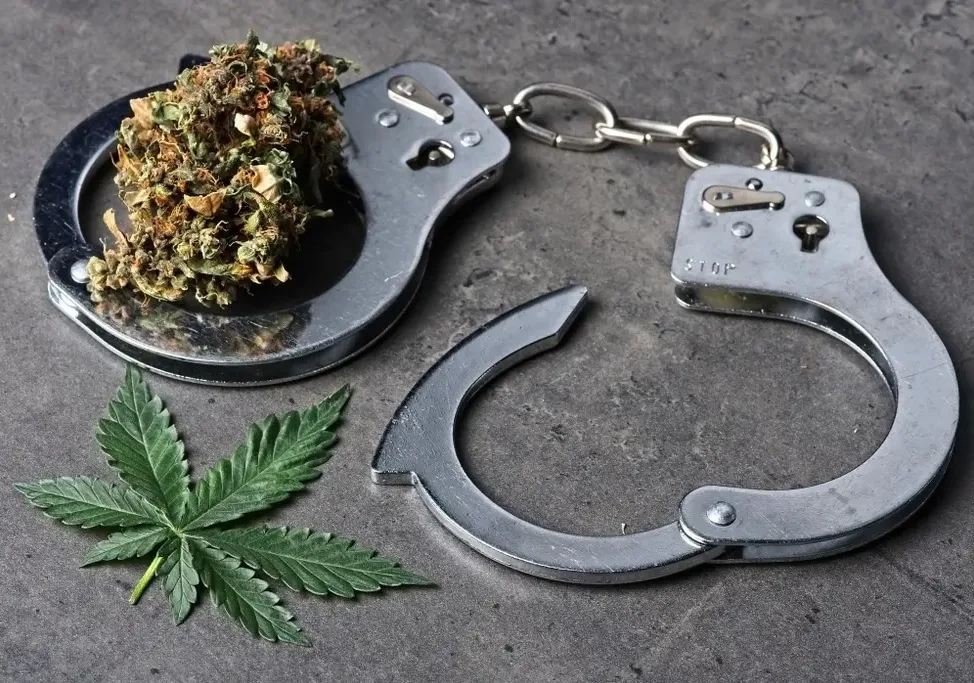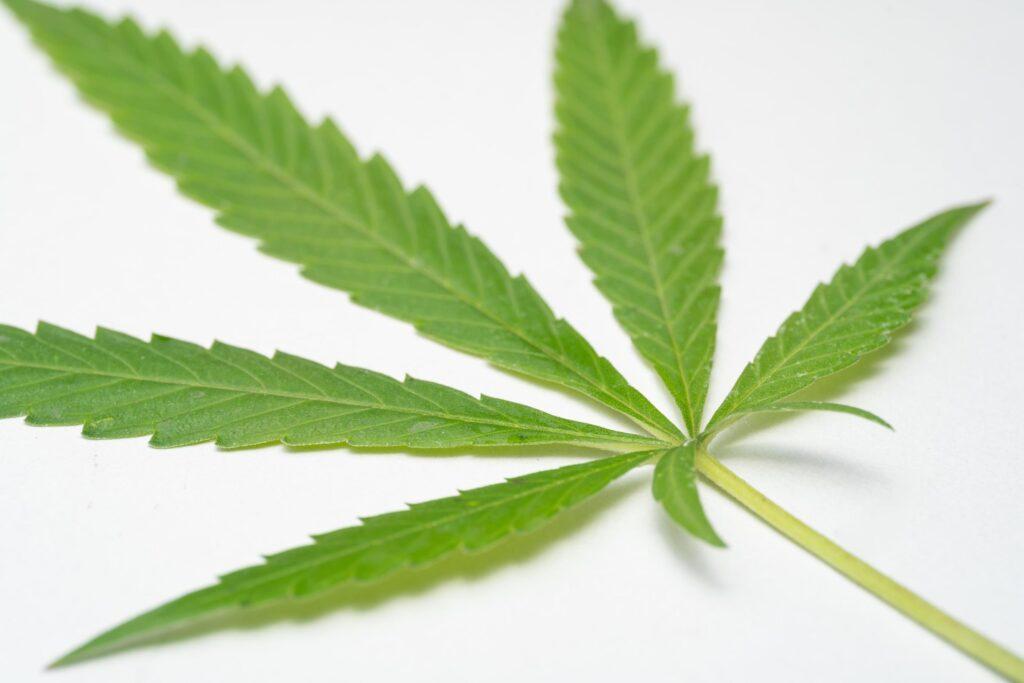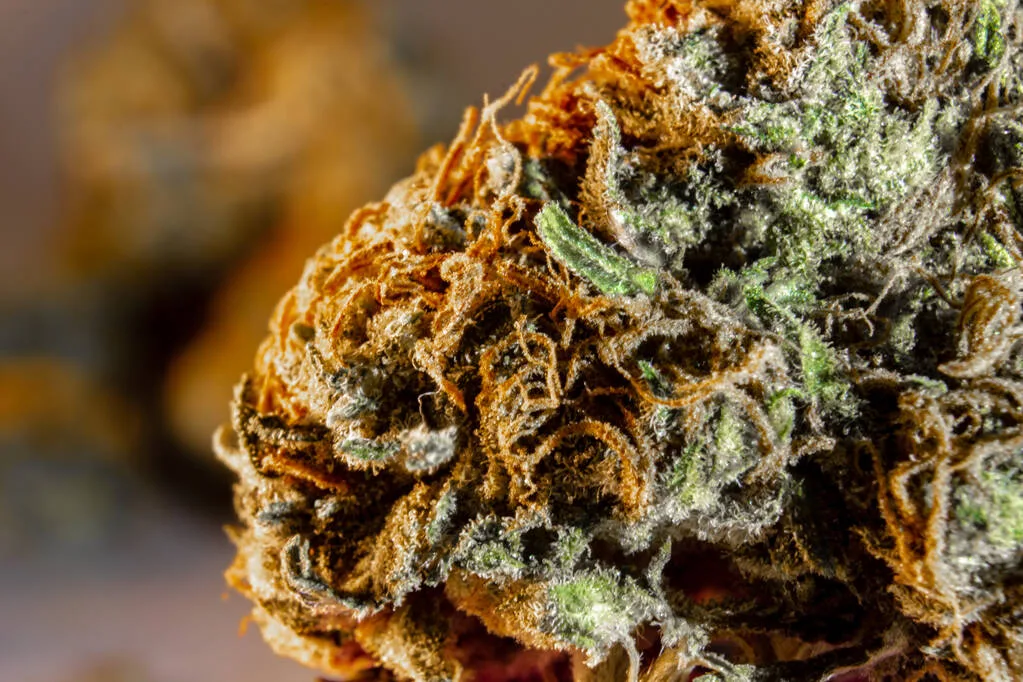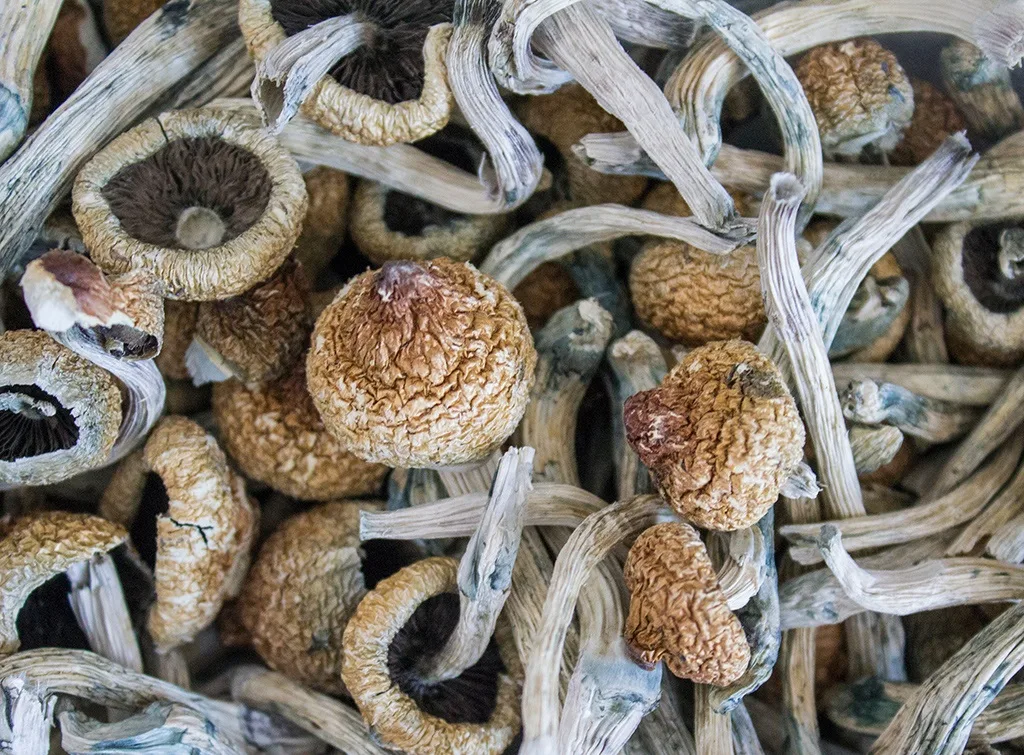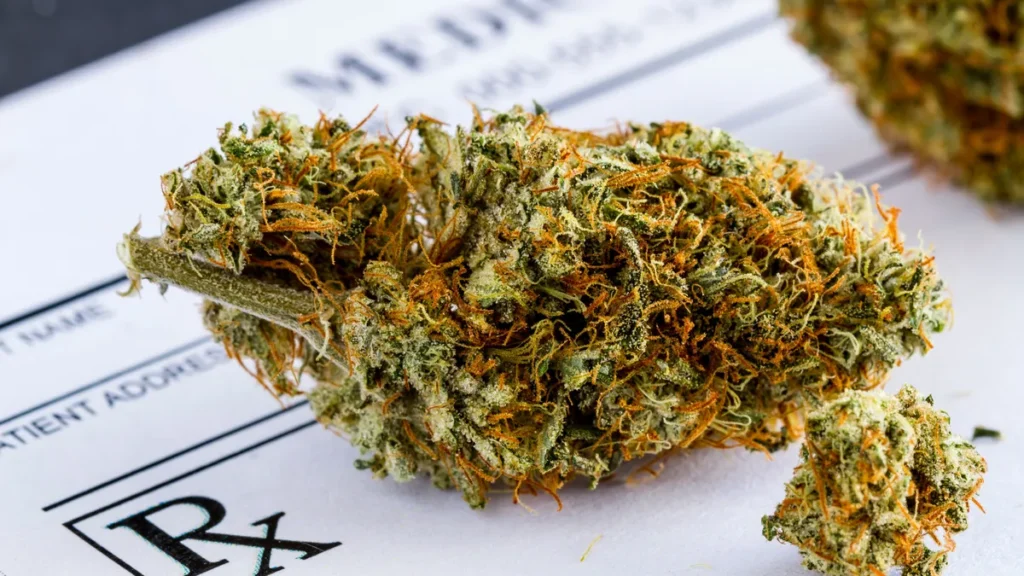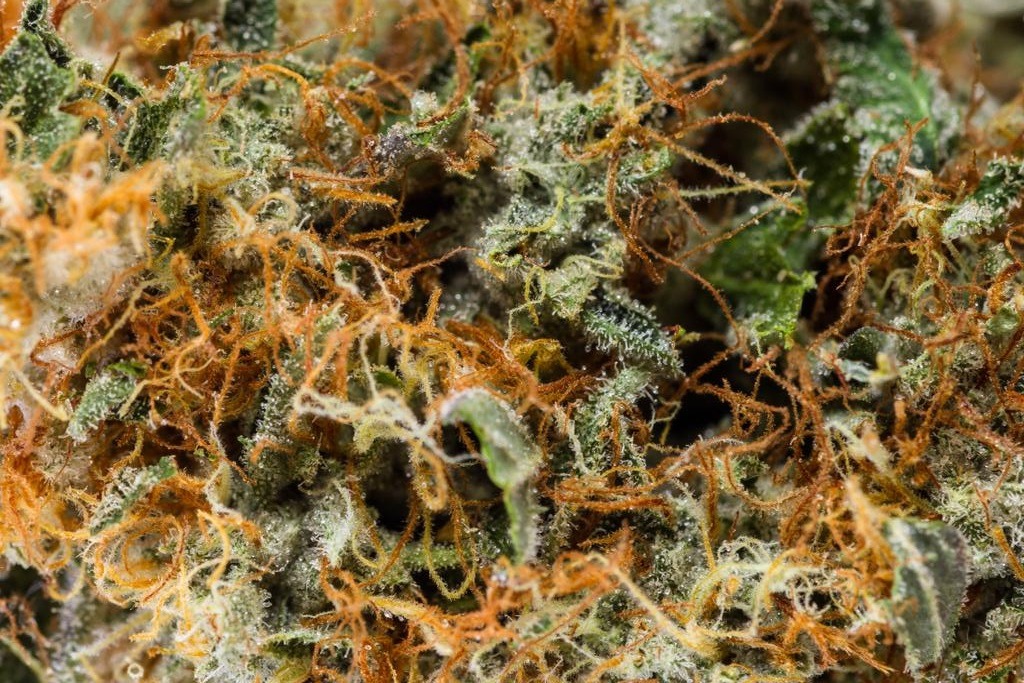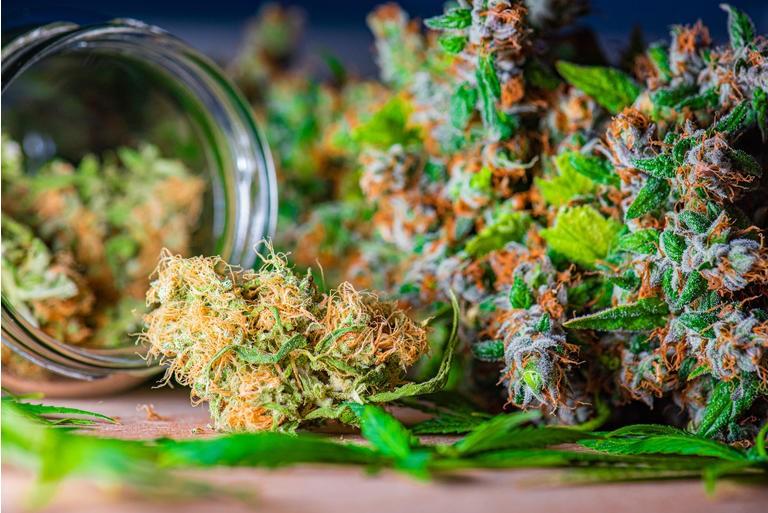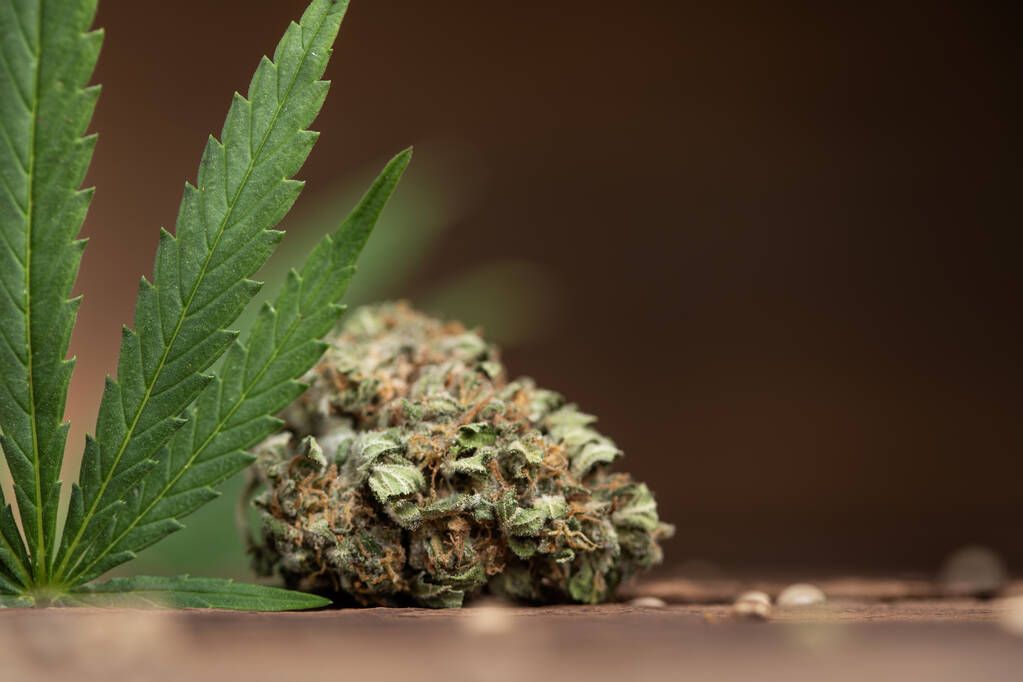New Mexico Governor Michelle Lujan Grisham says she is ‘offended’ by US Secretary of Homeland Security Alejandro Mayorkas’ recent comments regarding the Customs and Border Protection’s (CBP) decision to seize legal marijuana and arrest employees working at state-licensed marijuana stores.
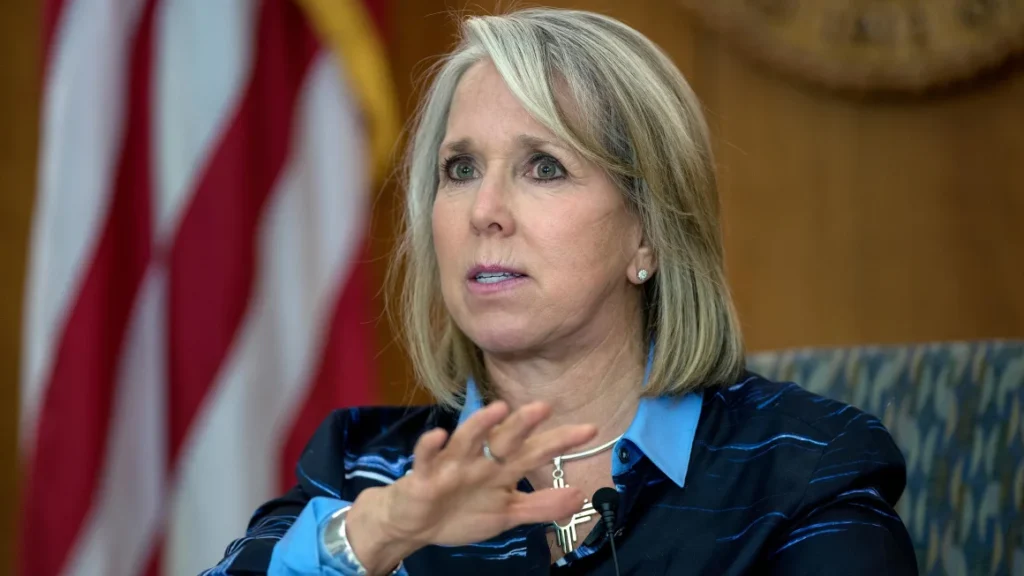
New Mexico Governor Michelle Lujan Grisham (photo credit: Eddie Moore/Associated Press).
Last week, we reported that Governor Grisham confronted Secretary Mayorkas about the CBP’s decision to begin seizing massive amounts of marijuana from state-licensed businesses in New Mexico, while sometimes also detaining or arresting employees. During their discussion, Secretary Mayorkas informed Governor Grisham that federal law remains unchanged, indicating that such seizures are likely to continue.
Now, in leaked audio posted on the social media platform X by an account named Chaos Coordinator, Governor Grisham says that when she pushed Mayorkas on why they are going after legal marijuana, he commented “Oh who cares? They make a lot of money”.
Continue reading
